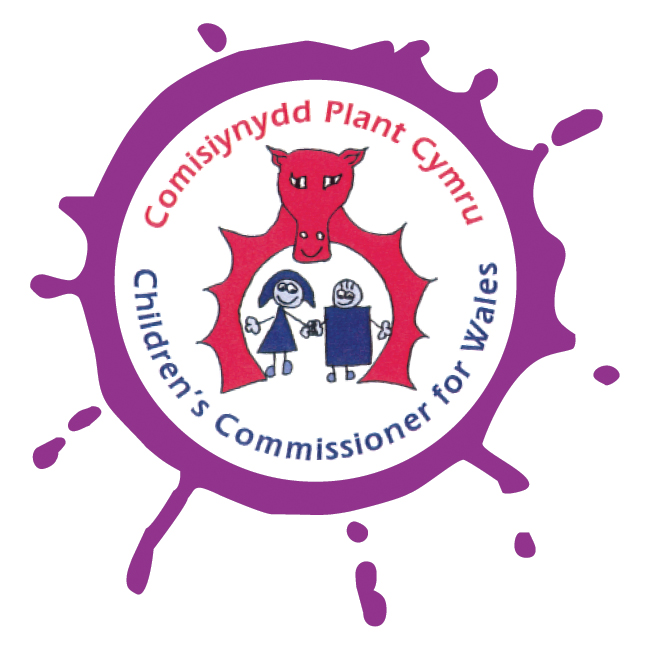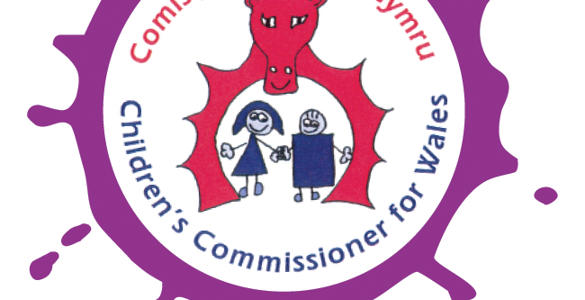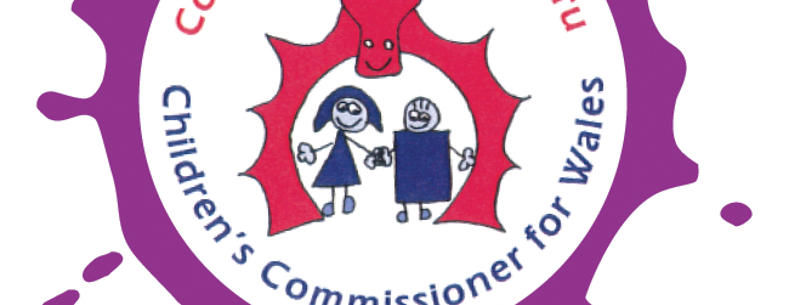18 November 2013
Article by Sian Thomas, National Assembly for Wales Research Service
 This is the key message from Keith Towler, the Children’s Commissioner for Wales in his recently published Annual Report 2012-13. The report will be discussed at the National Assembly for Wales’ Plenary session on the 19 November 2013. The Children and Young People Committee took evidence from the Commissioner on the work of his office and the findings of his report in a scrutiny session on 6 November 2013, a recording of which can be found on Senedd TV. The office of the Children’s Commissioner was established in 2000 in response to the findings of the Waterhouse tribunal inquiry into alleged abuse of children in care in North Wales in the 1970s and 1980s. The Waterhouse tribunal report, Lost in Care, made a wide range of recommendations for changes to the way in which children in care were protected by local authorities, social services and the police. These included the establishment of the Office of the Children’s Commissioner for Wales, part of whose remit would be to monitor the arrangements for children’s advocacy and complaints. Historical abuse in North Wales Of the total 535 individual cases the Commissioner’s office dealt with during the past year, 99 relate to the historical abuse of children. The Commissioner refers to media coverage in November 2012, which suggested that the full extent of historical abuse in North Wales care homes had not been uncovered. A new, on-going police inquiry, Operation Pallial, has been established to review how the original allegations of historical abuse in north Wales care homes were dealt with. An on-going investigation is also underway to examine the conduct and remit of the Waterhouse Inquiry, the Macur Review. Advocacy provision The original Waterhouse tribunal recommended establishing a children’s complaints officer in each local authority and also the establishment of independent advocacy services. The Commissioner has spoken about his frustration at the ‘initial slow response’ to recommendations he has made about the provision of independent advocacy in his 2012 Missing Voices report and the follow up 2013 report Missing Voices, Missing Progress. United Nations Convention on the Rights of the Child The principal aim of the Commissioner is to safeguard and promote the rights and welfare of children and to have regard to the United Nations Convention on the Rights of the Child (UNCRC) in everything he and his team do. The UNCRC is made up of 54 articles, a summary of which can be found here. The articles set out a wide range of rights for children and young people up to 18 years of age including rights to protection, health, family, education, culture and leisure. The Commissioner sets out his views on these in his Annual Report. The UNCRC also sets out how governments and adults should work together to make sure children and young people can access their rights. The Welsh Government has received international recognition for introducing the Rights of the Child and Young Person (Wales) Measure 2011, which embeds the UNCRC into domestic law in Wales. Referring to the Measure in his Annual Report, the Commissioner states that ‘the privilege of breaking new ground brings responsibility to get it right'. Next year, the United Nations will take evidence and examine what more the UK and devolved administrations need to do to fully implement the UNCRC. The UK Government is currently consulting on its Draft Report to the UN. Evidence will also be taken from the Welsh Government, the four UK Children’s Commissioners, Non-Governmental Organisations and from children and young people themselves.
This is the key message from Keith Towler, the Children’s Commissioner for Wales in his recently published Annual Report 2012-13. The report will be discussed at the National Assembly for Wales’ Plenary session on the 19 November 2013. The Children and Young People Committee took evidence from the Commissioner on the work of his office and the findings of his report in a scrutiny session on 6 November 2013, a recording of which can be found on Senedd TV. The office of the Children’s Commissioner was established in 2000 in response to the findings of the Waterhouse tribunal inquiry into alleged abuse of children in care in North Wales in the 1970s and 1980s. The Waterhouse tribunal report, Lost in Care, made a wide range of recommendations for changes to the way in which children in care were protected by local authorities, social services and the police. These included the establishment of the Office of the Children’s Commissioner for Wales, part of whose remit would be to monitor the arrangements for children’s advocacy and complaints. Historical abuse in North Wales Of the total 535 individual cases the Commissioner’s office dealt with during the past year, 99 relate to the historical abuse of children. The Commissioner refers to media coverage in November 2012, which suggested that the full extent of historical abuse in North Wales care homes had not been uncovered. A new, on-going police inquiry, Operation Pallial, has been established to review how the original allegations of historical abuse in north Wales care homes were dealt with. An on-going investigation is also underway to examine the conduct and remit of the Waterhouse Inquiry, the Macur Review. Advocacy provision The original Waterhouse tribunal recommended establishing a children’s complaints officer in each local authority and also the establishment of independent advocacy services. The Commissioner has spoken about his frustration at the ‘initial slow response’ to recommendations he has made about the provision of independent advocacy in his 2012 Missing Voices report and the follow up 2013 report Missing Voices, Missing Progress. United Nations Convention on the Rights of the Child The principal aim of the Commissioner is to safeguard and promote the rights and welfare of children and to have regard to the United Nations Convention on the Rights of the Child (UNCRC) in everything he and his team do. The UNCRC is made up of 54 articles, a summary of which can be found here. The articles set out a wide range of rights for children and young people up to 18 years of age including rights to protection, health, family, education, culture and leisure. The Commissioner sets out his views on these in his Annual Report. The UNCRC also sets out how governments and adults should work together to make sure children and young people can access their rights. The Welsh Government has received international recognition for introducing the Rights of the Child and Young Person (Wales) Measure 2011, which embeds the UNCRC into domestic law in Wales. Referring to the Measure in his Annual Report, the Commissioner states that ‘the privilege of breaking new ground brings responsibility to get it right'. Next year, the United Nations will take evidence and examine what more the UK and devolved administrations need to do to fully implement the UNCRC. The UK Government is currently consulting on its Draft Report to the UN. Evidence will also be taken from the Welsh Government, the four UK Children’s Commissioners, Non-Governmental Organisations and from children and young people themselves.






